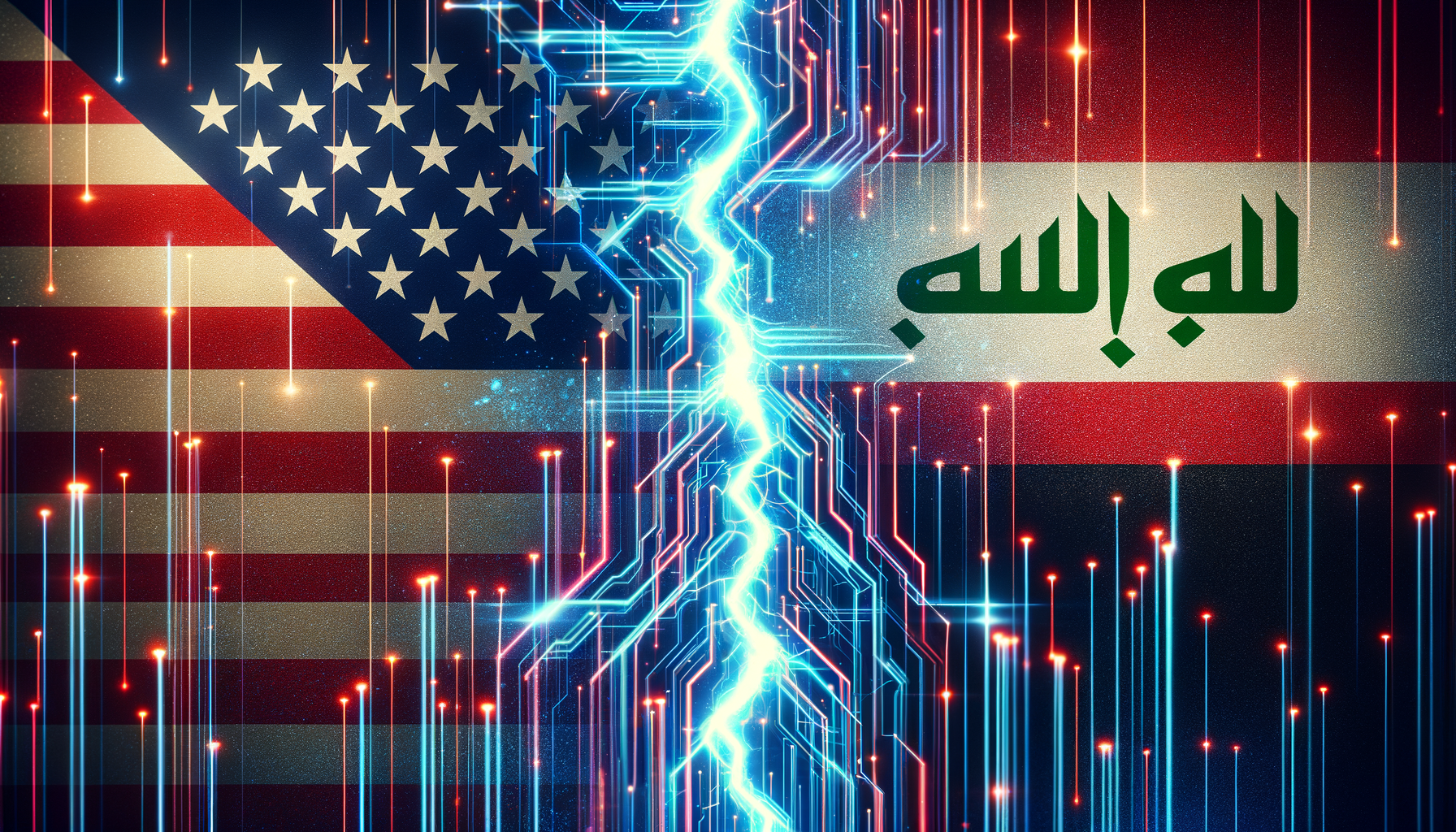
Understanding the Ethical Debate: AI in Israel’s Spotlight
In recent news, the world of artificial intelligence (AI) has been abuzz with discussions regarding the ethical use of AI technologies. A significant number of AI ethics leaders have come forward to sign a petition that raises concerns about Israel’s application of AI in various domains. This move has left numerous Israeli and Jewish AI leaders feeling ‘shocked’ and ‘alone’ amidst the growing scrutiny. This blog post aims to dissect the layers of this complex issue, exploring the ethical implications, the response from the AI community, and the broader impact on AI development and policy-making.
The Ethical Controversy Surrounding AI in Israel
AI ethics is an increasingly important topic as AI technologies become more integrated into our everyday lives. The petition in question criticizes Israel’s use of AI, suggesting that it may be involved in surveillance and military activities that raise serious ethical concerns. The exact nature of these concerns revolves around privacy, human rights, and the potential for AI to be used in ways that could harm individuals or groups.
The signatories of the petition include thought leaders, researchers, and academics from the AI ethics community who are urging for more transparency and regulation in the deployment of AI technologies. Their stance highlights the global demand for ethical AI, which respects human rights and adheres to international standards of conduct.
Reaction from Israeli and Jewish AI Leaders
The reaction from Israeli and Jewish AI leaders to the petition has been one of shock and isolation. Many feel that the criticisms are not reflective of the strides Israel has made in the field of AI, particularly in areas such as healthcare, education, and environmental sustainability. There is also a concern that such petitions can paint an entire nation’s AI community with a broad brush, potentially stifling innovation and collaboration.
These leaders argue for a balanced view that recognizes the positive contributions of Israeli AI technologies to the world, as well as the need for ethical considerations. They call for open dialogue and cooperation to address the ethical challenges posed by AI, rather than division and isolation.
Broader Implications for AI Development and Policy
The ethical debate surrounding Israel’s use of AI is emblematic of a larger global conversation about the role of AI in society. As AI systems become more advanced, the potential for both positive and negative outcomes increases. This situation underscores the necessity for clear policies and frameworks that guide the ethical development and deployment of AI.
Governments, international organizations, and the AI community must work together to establish standards that protect individuals’ rights while promoting innovation. This includes creating clear guidelines for transparency, accountability, and public engagement in the development of AI technologies.
Resources for Understanding AI Ethics
For those interested in delving deeper into the world of AI ethics, there are numerous resources available. Books such as “Weapons of Math Destruction” by Cathy O’Neil and “Life 3.0: Being Human in the Age of Artificial Intelligence” by Max Tegmark offer insightful perspectives on the ethical considerations of AI. These books are available for purchase online, and they provide valuable context for the ongoing debates.
For purchasing these books, you can visit the following retail links:
- “Weapons of Math Destruction” by Cathy O’Neil
- “Life 3.0: Being Human in the Age of Artificial Intelligence” by Max Tegmark
Conclusion
The petition criticizing Israel’s use of AI and the subsequent reaction from Israeli and Jewish AI leaders is a reminder of the complex and global nature of AI ethics. As we continue to integrate AI into various aspects of life, it is crucial that we maintain a balanced and nuanced conversation that encourages ethical innovation while addressing legitimate concerns. The AI community, policymakers, and the public must engage in collaborative efforts to ensure that the evolution of AI aligns with our shared values and aspirations for a better world.
As AI continues to evolve, so too must our understanding and approach to its ethical implications. By staying informed and engaged, we can contribute to the development of AI that is responsible, beneficial, and respectful of all human beings.